Table of content
Introduction
Ripened tea, also known as fermented tea or shu cha in Chinese, is a unique type of tea that undergoes a specific microbial fermentation process to achieve its distinct flavor profile. Unlike other teas that are typically oxidized or steamed, ripened tea undergoes a controlled fermentation that can last for several months to even years. This process gives ripened tea its dark color, earthy aroma, and rich, smooth taste.
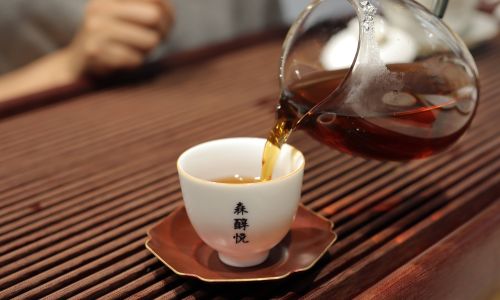
Purchasing ripened tea can be a daunting task, especially for those who are new to the world of tea. With the myriad of brands, grades, and types available, it’s easy to feel overwhelmed. However, by understanding the basics of ripened tea, knowing what to look for, and where to buy, you can make informed decisions and enjoy a cup of high-quality ripened tea.
In this comprehensive guide, we will explore how to purchase ripened tea, from understanding its production process to identifying quality indicators, and where to find the best deals. By the end of this guide, you should have a clear understanding of how to select and buy ripened tea that suits your taste preferences and budget.
Understanding Ripened Tea Production
Before diving into how to purchase ripened tea, it’s essential to understand its production process. Ripened tea is primarily produced in Yunnan Province, China, where the climate and soil conditions are ideal for growing the Camellia sinensis var. assamica, the tea plant variety used to make ripened tea.
Harvesting and Processing
The production of ripened tea begins with the harvesting of tea leaves. Unlike other teas that are harvested in the spring, ripened tea leaves are typically harvested in the autumn when they are more mature. The leaves are then withered to reduce their moisture content, a process that softens the leaves and prepares them for further processing.
After withering, the leaves are rolled into tight balls or strips to initiate oxidation. However, unlike other oxidized teas like oolong or black tea, the oxidation process in ripened tea is halted after a short period. The leaves are then steamed to stop further oxidation and to kill any enzymes that could continue the process.
Fermentation
The next crucial step in ripened tea production is fermentation. Unlike the natural oxidation process in other teas, ripened tea undergoes a controlled microbial fermentation. The leaves are piled up in a warm, humid environment, allowing beneficial bacteria and fungi to grow and interact with the tea leaves.
This fermentation process can last for several months, during which the leaves undergo significant changes in color, aroma, and taste. The bacteria and fungi break down complex compounds in the leaves, producing new flavors and aromas. The result is a tea with a dark color, earthy aroma, and rich, smooth taste.
Drying and Aging
Once the fermentation process is complete, the leaves are dried to remove any remaining moisture. This prevents further fermentation and stabilizes the tea’s flavor profile. The dried leaves are then sorted and graded based on their quality.
Some ripened teas are aged for several years to develop even more complex flavors and aromas. Aging ripened tea is a delicate process that requires careful storage conditions, including a stable temperature, humidity, and ventilation.
Identifying Quality Indicators in Ripened Tea
Now that you understand the production process of ripened tea, it’s time to learn how to identify quality indicators. Here are some key factors to consider when purchasing ripened tea:
Appearance
The appearance of ripened tea can give you a good indication of its quality. High-quality ripened tea leaves should have a uniform dark color, with a glossy or oily appearance. The leaves should be whole or broken into small, even pieces, with minimal dust or fines.
Aroma
The aroma of ripened tea is another important quality indicator. High-quality ripened tea should have a distinct, earthy aroma with notes of wet leaves, mushrooms, or aged wood. Avoid teas with strong, unpleasant odors or those that smell overly musty or moldy.
Taste
The taste of ripened tea is the ultimate test of its quality. High-quality ripened tea should have a rich, smooth taste with notes of sweetness, earthiness, and a slight bitterness. The tea should not be overly astringent or have a harsh aftertaste.
Body and Mouthfeel
The body and mouthfeel of ripened tea refer to its texture and weight in the mouth. High-quality ripened tea should have a full, round body with a creamy or silky mouthfeel. The tea should coat the mouth and leave a lasting impression.
Storage Conditions
The storage conditions of ripened tea can also affect its quality. Properly stored tea should have a stable flavor profile with minimal changes over time. Avoid teas that have been stored in humid or warm conditions, as these can lead to mold growth and flavor degradation.
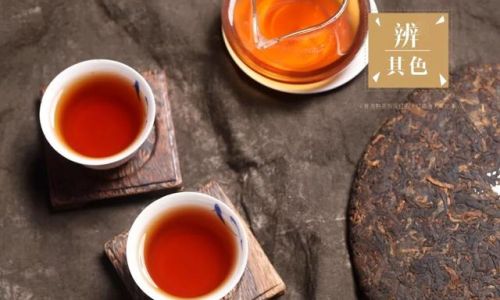
Where to Buy Ripened Tea
Now that you know what to look for in high-quality ripened tea, it’s time to learn where to buy it. Here are some options for purchasing ripened tea:
Online Tea Shops
Online tea shops offer a convenient way to buy ripened tea from around the world. These shops typically have a wide selection of teas, including rare and aged varieties. When purchasing from an online shop, look for those with a good reputation, detailed product descriptions, and customer reviews.
Local Tea Shops
Local tea shops are another great option for buying ripened tea. These shops often have a knowledgeable staff who can help you select the right tea for your taste preferences and budget. Additionally, you can try the tea before purchasing, which can give you a better understanding of its quality.
Farmers’ Markets and Tea Festivals
Farmers’ markets and tea festivals are excellent places to buy ripened tea directly from producers. These events often feature a variety of teas, including rare and unique varieties. You can also learn more about the production process and meet the people behind the tea.
Direct from Producers
If you’re looking for a specific type of ripened tea or want to buy in bulk, consider purchasing directly from producers. This can often result in better prices and access to rare or exclusive teas. However, be sure to research the producer before making a purchase to ensure their tea is of high quality.
Tips for Buying Ripened Tea
Here are some additional tips to help you buy high-quality ripened tea:
Start with Samples
If you’re new to ripened tea, consider starting with samples. Many online tea shops and local tea shops offer sample sizes of their teas, allowing you to try different varieties before committing to a larger purchase.
Read Reviews
Customer reviews can be a valuable resource when purchasing ripened tea. Look for reviews that mention the tea’s flavor profile, aroma, and overall quality. Avoid teas with numerous negative reviews or those that have been recalled due to quality issues.
Ask Questions
Don’t be afraid to ask questions when purchasing ripened tea. Whether you’re buying from an online shop, local tea shop, or directly from a producer, asking questions can help you make informed decisions and ensure you’re getting the best possible tea for your money.
Consider Aging
If you’re interested in aged ripened tea, consider purchasing younger teas and aging them yourself. This can be a fun and rewarding hobby, and it allows you to develop a unique flavor profile tailored to your taste preferences.
Store Properly
Once you’ve purchased your ripened tea, be sure to store it properly to maintain its quality. Use an airtight container and store the tea in a cool, dry place away from direct sunlight. Proper storage can help preserve the tea’s flavor profile and extend its shelf life.
Conclusion
Purchasing ripened tea can be a rewarding experience, but it requires a bit of knowledge and effort. By understanding the production process, identifying quality indicators, and knowing where to buy, you can select and enjoy high-quality ripened tea that suits your taste preferences and budget.
Remember to start with samples, read reviews, ask questions, and store your tea properly to ensure you’re getting the best possible experience. With a bit of practice, you’ll soon be an expert at buying and enjoying ripened tea.
Happy sipping!

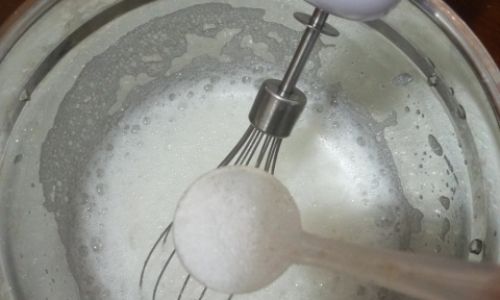
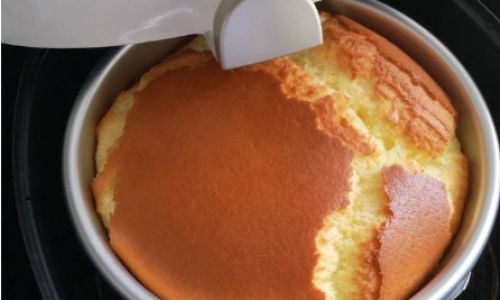
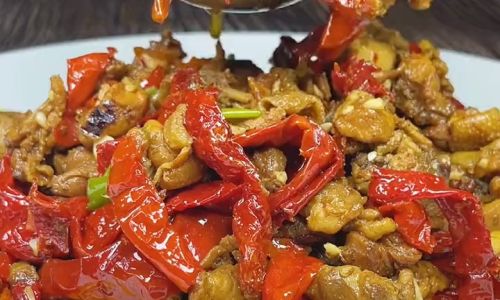
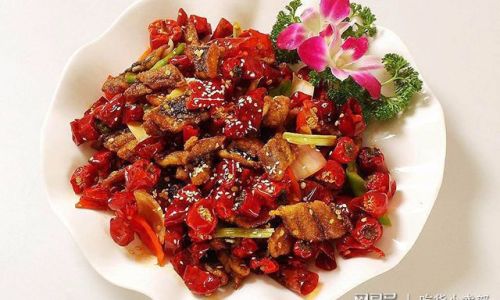

0 comments